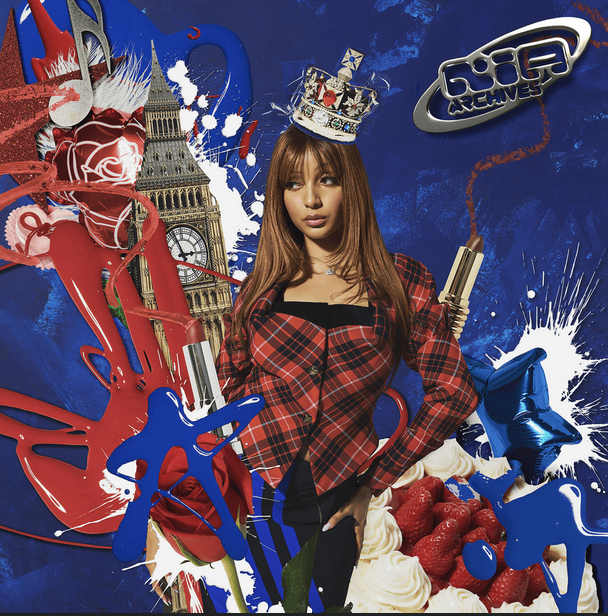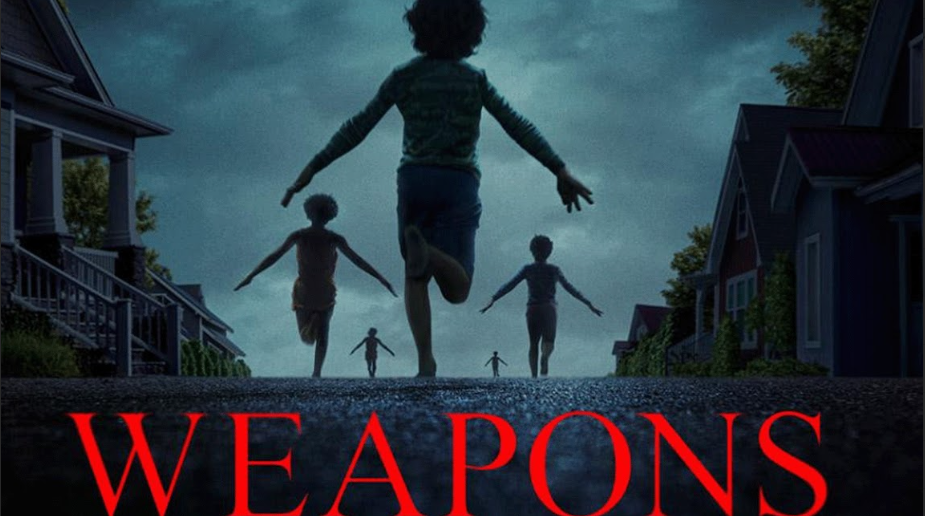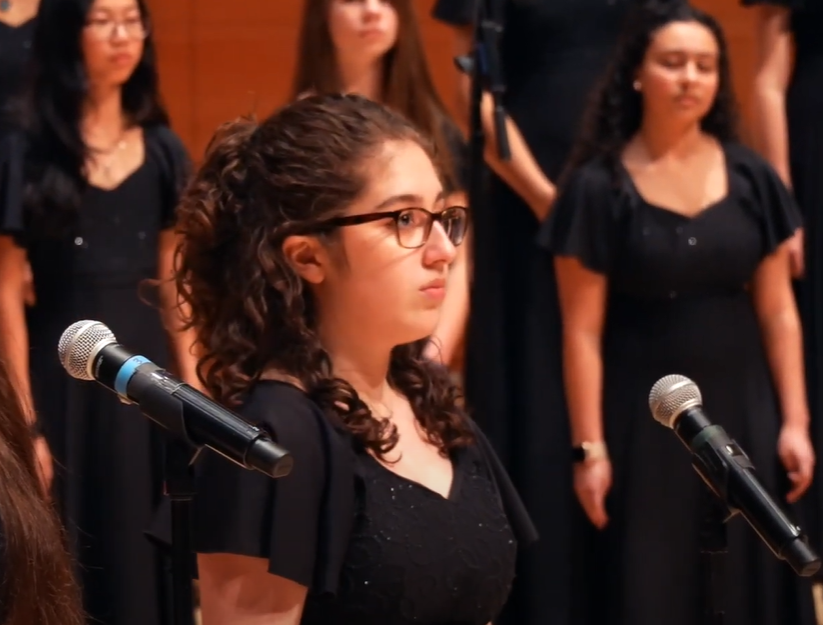After three years, countless leaks and a whole lot of waiting, Playboi Carti finally dropped “I AM MUSIC” on March 14. The album, officially titled “MUSIC – SORRY 4 DA WAIT” but widely known as “I AM MUSIC,” debuted at No. 1 on the Billboard 200 after a three-year production gap since Carti’s previous album, “Whole Lotta Red.” The album’s release has since sparked debates among critics: was it worth the wait, or was it a rushed attempt to meet mounting pressure from his record label and fan base? Despite the album’s undeniable commercial success, fans wonder whether Carti is simply ahead of the game or if the sound he pioneered has begun to outgrow him.
Playboi Carti, known for his uniquely “disruptive” and “chaotic” music style, has returned to the hip-hop landscape with a collaborative album featuring artists such as Kendrick Lamar, Travis Scott and The Weeknd. Yet, despite its stellar features, “I AM MUSIC” departs from Carti’s earlier, more typical efforts like “Whole Lotta Red,” opting instead for a sprawling 35-track collection that feels more like a collage of sound experiments than a structured album. Notably, the entirety of Carti’s 35 tracks can seemingly be boiled down to three essential tracks, “OLYMPIAN,” “RATHER LIE,” and “GOOD CREDIT.” These tracks showcase Carti’s bohemian sound, signature style and artistic evolution.
Playboi Carti’s music is defined by experimentation and unpredictability in nearly every aspect. Nowhere is this more evident than in the track “OLYMPIAN,” which embodies Carti’s expressive nature. With its odd, trap style and bass-heavy production in combination with Carti’s signature ad-libs, the track sounds less like an actual song or composition and more like an atmospheric experience. It streamlines with other 2010s trap songs such as Lil Uzi Vert’s “20min.”
His free-form approach to music seems to blur the line between melody and rhythm, reinforcing his reputation as an unconventional and unpredictable artist. The track further demonstrates that music of this nature is, at times, difficult to comprehend but remains something that Carti fans can appreciate. Regardless of whether “OLYMPIAN” is a great song or not, it serves as a strong example of how Carti, an already unorthodox artist, continues to push boundaries in hip-hop, seemingly crafting a genre of his own.
In the past, Playboi Carti has collaborated with The Weeknd to create successful tracks, such as the 2024 single “Timeless.” In September 2024, the song peaked at No. 3 on the Billboard Hot 100 and No. 8 on the Billboard Global 200. Similarly, the track “RATHER LIE,” featuring The Weeknd, has been another success for the two artists, debuting at No. 4 on the Billboard Hot 100 and No. 8 on the Billboard Global 200.
Interestingly, when Carti collaborates with The Weeknd, his typical antics seem to fade to some extent; his vocals become more comprehensible, aligning with a more mainstream modern hip-hop style. This track, an outlier to the rest of the album, is more typical of The Weeknd’s production style, which contrasts with Carti’s usual chaotic and nonconformist sound. Accordingly, “RATHER LIE” stands out as a highlight, blending Carti’s unique energy with The Weeknd’s polished production. The result is a refreshing and refined track that speaks to Carti and The Weeknd’s raw chemistry, showcasing both artists’ talents while reviving an otherwise disappointing album.
Despite the hype surrounding its release, the track “GOOD CREDIT,” featuring acclaimed hip-hop star Kendrick Lamar, ultimately failed to meet the expectations of both Carti and Lamar’s fan bases. The song, initially anticipated to blend Carti’s unique energy with Lamar’s lyrical depth, resulted in a lackluster track, offering little in terms of innovation or emotion. From the excessive, unconstructive repetition to the out-of-place sample at the beginning of the track, it was clear that the song had no clear artistic direction or any other redeeming qualities. Instead of showcasing the strengths of two genre-defining artists, “GOOD CREDIT” seems to be a dry run rather than a cohesive collaboration, leaving both die-hard fans and first-time listeners confused and unable to resonate with the music on any level.
Like modern art, Carti’s new album calls for interpretation. Unlike the traditional beauty of the hip-hop landscape, his works seem to unfold as a collection of ideas that never quite materialize, leaving the listener to piece together the fragments. Throughout the album, there’s a sense of intention without execution, an attempt to construct a more elaborate soundscape. In this sense, the album resembles modern art, resisting clear interpretation, which more often than not lacks anything profound to make worthwhile impressions.
As with most things in life, ambiguity invites both curiosity and criticism. “I AM MUSIC” is no different. With over 30 songs in the album, it seems apparent that Carti prioritized quantity over quality, stretching his ideas too thin. That is why Carti’s “I AM MUSIC” is so bewildering— no one can agree whether there is anything more to the album than surface-level aesthetic experimentation. Like a piece of modern art hanging in a gallery, “I AM MUSIC” is a device of speculation, leaving its brilliance or mediocrity up to the listener.















